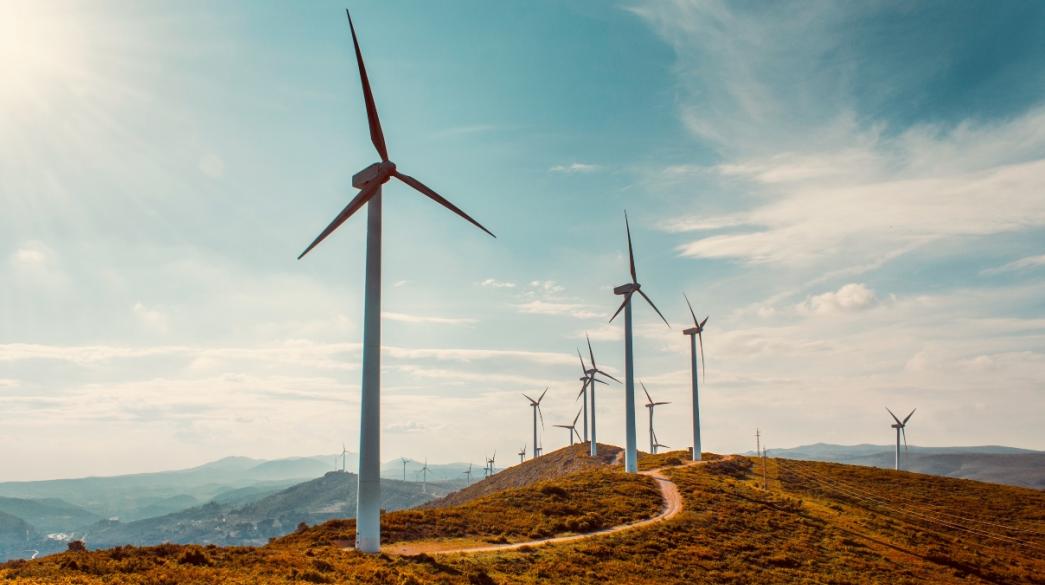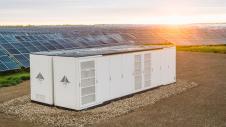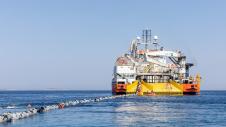Investor interest in green energy in Greece is growing fast as stocks in companies focusing on RES outperform markets in Athens and Europe, despite problems brought on by the pandemic.
The government's decision to close lignite plants by 2028 has been a game changer for foreign funds, such as Blackrock, who are investing in Greece, in view of a specific plan being implemented that leads to a new sustainable energy system.
Shares of Terna Energy and Mytilineos are showing gains of 45% for the first half of the year, due to restructuring initiatives and ESG (Environment, Social, Governance) investments, as the concept of sustainable growth largely remains foreign to many companies in the country.
Shares in PPC, which is now focusing on green energy, have also soared, gaining 93%. For the same period, the Athens bourse's benchmark general index is almost unchanged, while the MSCI Europe Energy index is down by about 17%.
Greece is ahead of a number of European countries in its plans to go lignite-free. The country plans to retire its coal units ten years before Germany, while France will withdraw them in 2022, Slovakia in 2023 and Italy in 2025.
At a time when the Greek economy is in deep recession and hopes for a strong recovery in 2021 are fading fast, investors see significant opportunities in an area that is considered to be a good defensine move in tough times.
In a recent share capital increase completed by Terna Energy via a private placement, the company raised 68.5 million euros from a number of large and powerful players: Blackrock Inc., Anavio Capital Partners LLP, Kayne Anderson Capital Advisors LP, and Impax Asset Management.
At PPC, Italian fund Helikon acquired 5% of the company, leading many in the market to believe that other similar investments in the Greek energy firm from foreign portfolios will take place.
On a broader level, the country can play a leading role in Europe's energy transformation by 2030, attracting investments approaching 33 billion dollars, according to recent report from Bloomberg.
Low ESG score
Beyond the numbers, investments in wind and photovoltaic parks also enhance the ESG performance of companies and this is a strong investment incentive.
The ESG rating of a firm often determines whether a fund will make an investment in an array of sectors, ranging from energy firms to banks and real estate companies.
According to a recent report by investment firm RobecoSAM, Greece remains in a low position in relation to ESG issues, although it has improved considerably in recent years.
The lowest position among the industrialized countries is occupied by Greece (45 out of a total of 150 countries), the report shows, emphasizing that there is considerable room for improvement.
On the positive side, the report explains that Greece is the only industrialized country in the group of countries with the best ESG performance in the short and medium term. This is largely due to the structural reforms implemented under the European Stability Mechanism, the report adds.









